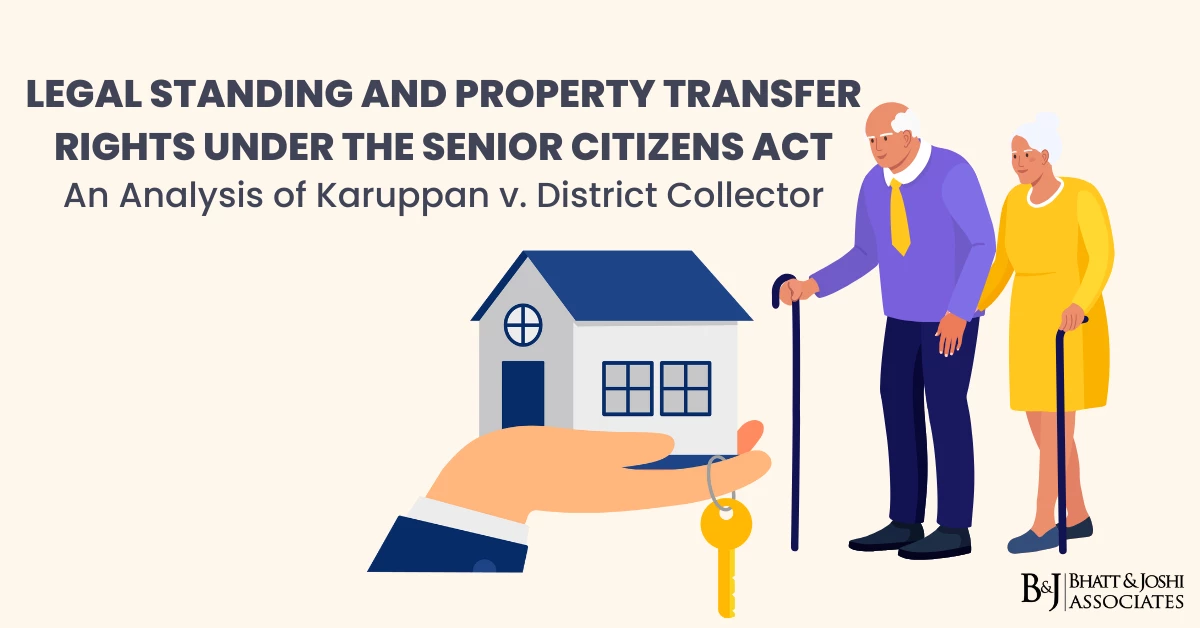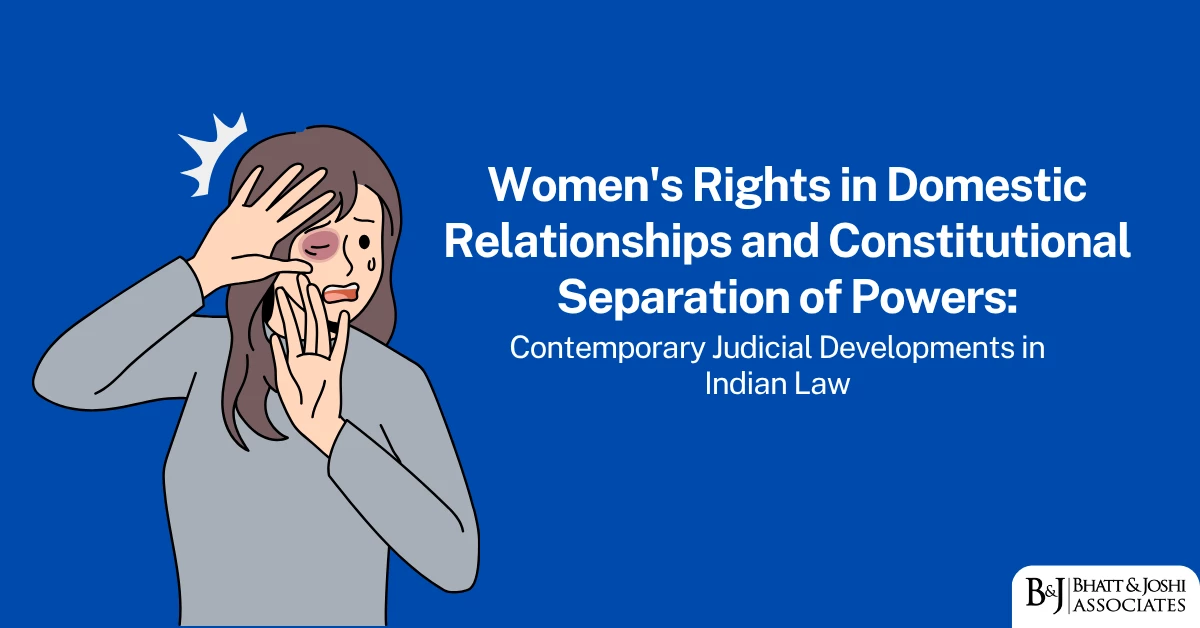Introduction
In the realm of civil law, the question of whether a third party, affected by a judgment but not a party to the suit, has the right to appeal against the judgment has long been a subject of debate. The recent Supreme Court judgment in the case of “My Palace Mutually Aided Cooperative Society vs B. Mahesh” has shed light on this issue, elucidating the conditions under which a third party can lodge an appeal. This article explores the implications of this judgment in the context of the Code of Civil Procedure (CPC), 1908.

Background of the Case
The case in question, “My Palace Mutually Aided Cooperative Society vs B. Mahesh,” began in 1953 when a plaintiff sought partition of properties of the Nawab known as ‘Asman Jahi Paigah’. A cooperative society (the appellant in this case) filed an application claiming that they had acquired a property under an Assignment Deed executed by the earlier predecessor-in-interest under the preliminary decree. Later, the High Court recalled the decree, finding that the appellant had obtained it by suppressing certain information. The appellant then contested the High Court’s use of its jurisdiction under Section 151 of the CPC, leading to the appeal before the Supreme Court.
Understanding Sections 96-100 of the CPC
Sections 96 to 100 of the CPC deal with the procedure for filing appeals from original decrees. Although these provisions do not explicitly mention the category of persons who can prefer an appeal, it has been established that a person affected by a judgment but not a party to the suit can prefer an appeal with the leave of the Court.
The Supreme Court’s Ruling on the Appeal by a Third Party
The Supreme Court upheld the well-settled legal position that a third party, who is affected by a judgment, can prefer an appeal if they obtain the leave of the Court. The necessary condition is that the third party must have been affected by the judgment and decree which is sought to be impugned. This judgment provides clarity on the right of a third party to file an appeal, ensuring the fairness of judicial proceedings.
The Role of Section 151 of the CPC
Section 151 of the CPC outlines the inherent powers of the Court, enabling it to make such orders as may be necessary for the ends of justice or to prevent abuse of the process of the Court. However, the Supreme Court observed that Section 151 cannot be invoked as an alternative to filing fresh suits, appeals, revisions, or reviews. It clarified that inherent power cannot override statutory prohibitions or create remedies that are not contemplated under the Code.
Conclusion
The Supreme Court’s ruling in “My Palace Mutually Aided Cooperative Society vs B. Mahesh” underscores the importance of procedural integrity in the justice system. It highlights that while the Court’s inherent powers under Section 151 of the CPC are essential, they cannot be used to bypass existing legal provisions or to create new remedies outside those contemplated in the Code. This judgment thus brings clarity to the rights of third parties affected by a judgment, striking a balance between protecting their interests and upholding the sanctity of the legal process.











